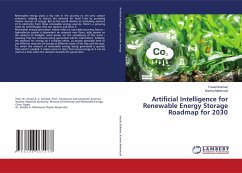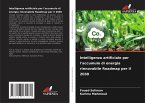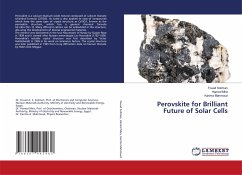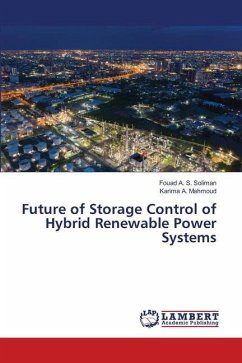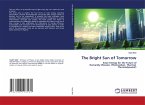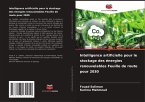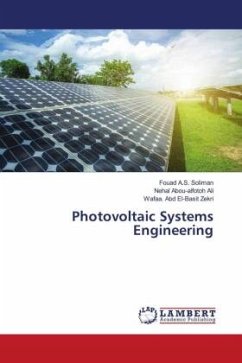Renewable energy plays a key role in the journey to net zero carbon emissions, helping to reduce the demand for fossil fuels by providing cleaner sources of energy. But as the world derives an increasing amount of its electricity from these renewable energy sources, there's a growing need for technologies that can capture and store it. Renewable energy generation mainly relies on naturally-occurring factors - hydroelectric power is dependent on seasonal river flows, solar power on the amount of daylight, wind power on the consistency of the wind - meaning that the amounts being generated will be intermittent. Similarly, the demand for energy isn't constant either, as people generally tend to use different amounts of energy at different times of the day and the year. So, when the amount of renewable energy being generated is greater than what's needed, it makes sense to store that excess energy so it can be used at a time when the demand exceeds the generation.
Bitte wählen Sie Ihr Anliegen aus.
Rechnungen
Retourenschein anfordern
Bestellstatus
Storno

